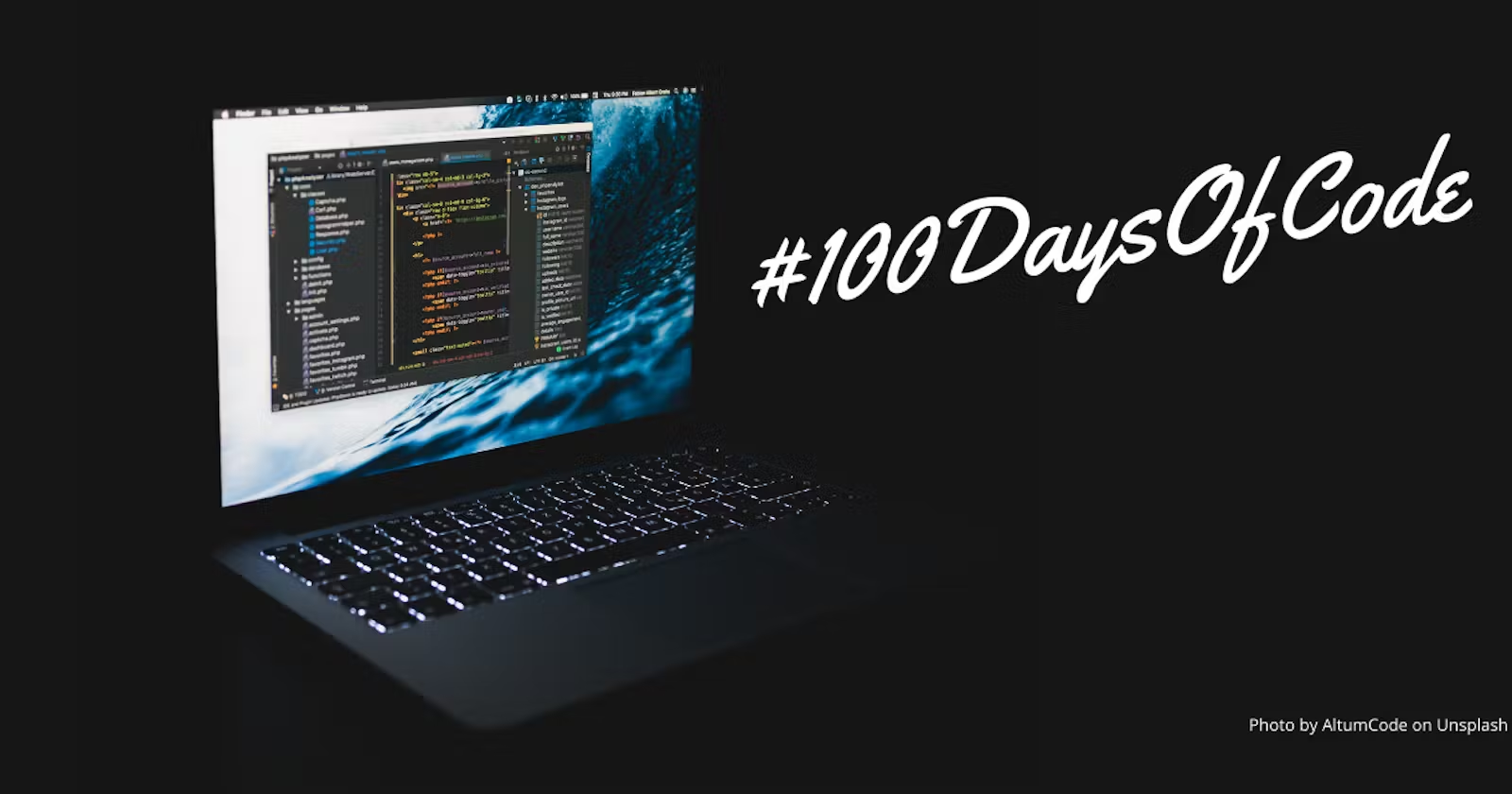Day 9: Decoding Space and Time Complexity
 ZAID PARKAR
ZAID PARKAR
I am thrilled to share my insights into space and time complexity. This journey has been all about optimizing algorithms and understanding their efficiency.
Space Complexity: Space complexity refers to the amount of memory used by an algorithm during its execution. Throughout the day, I learned how to analyze and quantify the space requirements of various algorithms. By understanding space complexity, I can now identify potential memory bottlenecks and optimize my code to minimize memory consumption.
Time Complexity: Time complexity, on the other hand, measures the amount of time an algorithm takes to run as a function of its input size. This critical analysis allows us to predict the performance of an algorithm and how it scales with larger datasets. Armed with this knowledge, I can now choose the most efficient algorithms for different problem-solving scenarios.
Optimizing for Efficiency
Big O Notation: To describe the growth rate of an algorithm's time and space requirements, I learned to use Big O notation. It allows us to express the upper bound of an algorithm's performance. By analyzing algorithms using Big O notation, I can quickly determine their efficiency and select the best approach for my coding challenges.
Identifying Trade-offs: Throughout the day, I encountered situations where improving time complexity might lead to increased space complexity and vice versa. Understanding these trade-offs is crucial in selecting the optimal solution for a specific problem. I now have a better grasp of making informed decisions that balance efficiency and resource usage.
Day 9 has been an eye-opening experience as I explored the intricacies of space and time complexity in DSA C++. Learning to analyze algorithms' efficiency has empowered me to write more optimized and scalable code. Space and time complexity analysis are invaluable tools that every programmer should master.
Subscribe to my newsletter
Read articles from ZAID PARKAR directly inside your inbox. Subscribe to the newsletter, and don't miss out.
Written by
